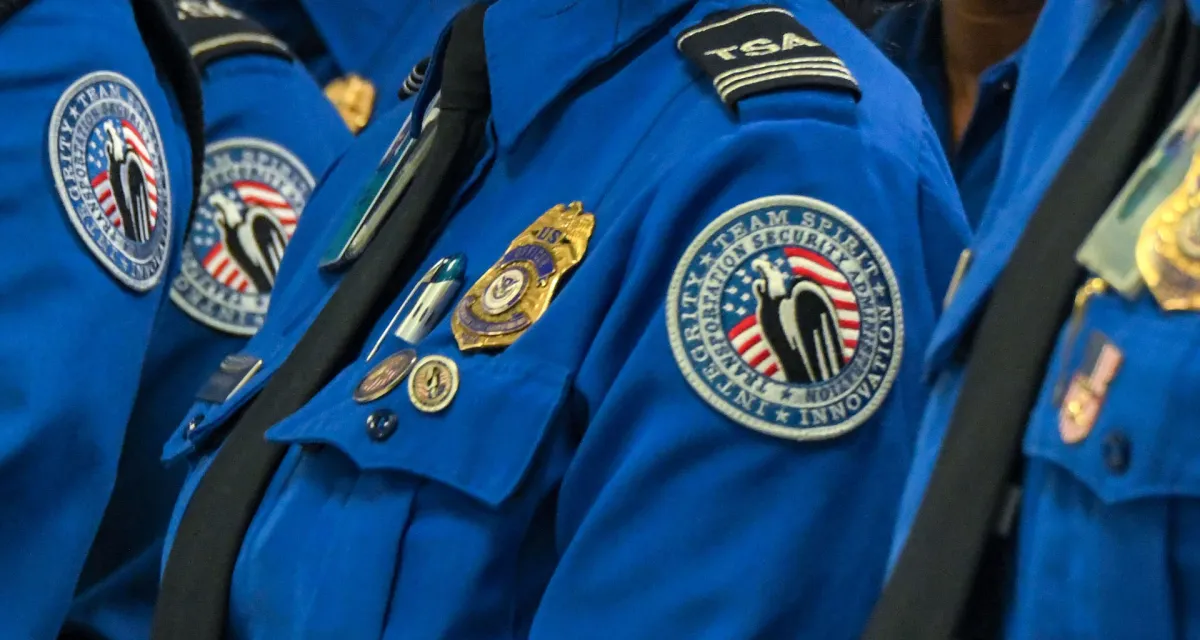France has joined a growing list of European nations, including Germany, the UK, Finland, Denmark, and Canada, in issuing travel warnings to their citizens planning to visit the United States. These warnings stem from stricter entry rules implemented under the Trump administration, particularly a decree requiring travelers to declare their gender assigned at birth on visa and ESTA applications.

The decree, which mandates federal agencies to recognize only male and female genders as determined at birth, has triggered alarm among civil rights groups and foreign governments. These countries have updated their travel advisories, explicitly highlighting potential risks for transgender and nonbinary travelers. Denmark, for instance, warned that transgender individuals might be denied entry if their passport gender differs from their birth-assigned sex. Finland and Germany echoed these concerns, emphasizing that even valid visas or ESTA approvals don’t guarantee entry, as final decisions rest with U.S. border authorities.

The UK and Canada have also issued warnings, urging travelers to comply fully with entry requirements and advising them to contact U.S. embassies for clarification. Reports of aggressive questioning, detentions, and denied entry at U.S. ports of entry have increased, fueling concerns about discrimination and confusion.

These travel advisories reflect not only the specific decree but also a perceived lack of clarity and predictability at U.S. borders. Moreover, they coincide with broader concerns about Trump’s foreign policy, including potential trade wars and controversial remarks about neighboring countries, which could further deter international tourism.

Travelers from these countries, especially those who are transgender or nonbinary, are advised to review updated travel guidance, consult with U.S. embassies, ensure document consistency, and prepare for heightened scrutiny at U.S. borders. The situation underscores a significant shift in U.S. travel policy and its impact on international relations and tourism.
